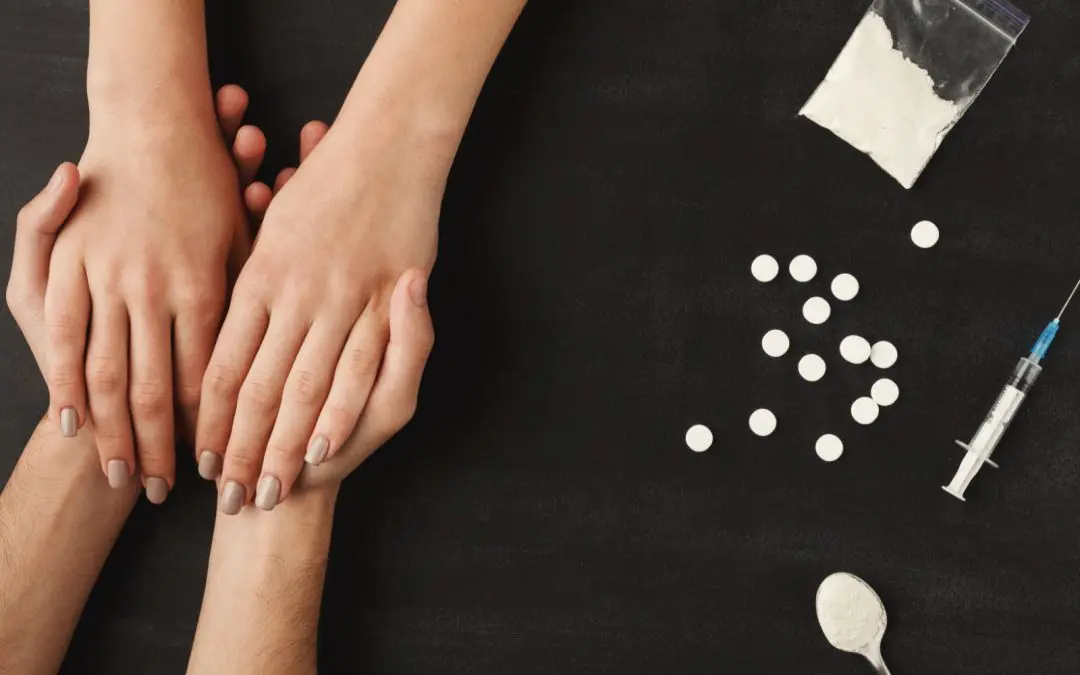24/7 Helpline:
(866) 899-221924/7 Helpline:
(866) 899-2219
Learn more about Dual Diagnosis Rehab centers in Floyd County

Other Insurance Options

Covered California

WellCare Health Plans

BlueShield

Sliding scale payment assistance

Access to Recovery (ATR) Voucher

Private insurance

GEHA

United Health Care

Group Health Incorporated

Health Net

Providence

WellPoint

MHNNet Behavioral Health
Beacon

Amerigroup

Cigna

UMR

Health Choice

Self-pay options

Regence

Our Place – Drug and Alcohol Education
Our Place - Drug and Alcohol Education is a non-profit rehab located in New Albany, IN. Our Place - ...

LifeSpring Health Systems – Floyd County Office
LifeSpring Health Systems is a premier provider of co-occurring mental health and substance use diso...

Groups
Groups is private healthcare company providing outpatient treatment for opiate addiction using weekl...












































